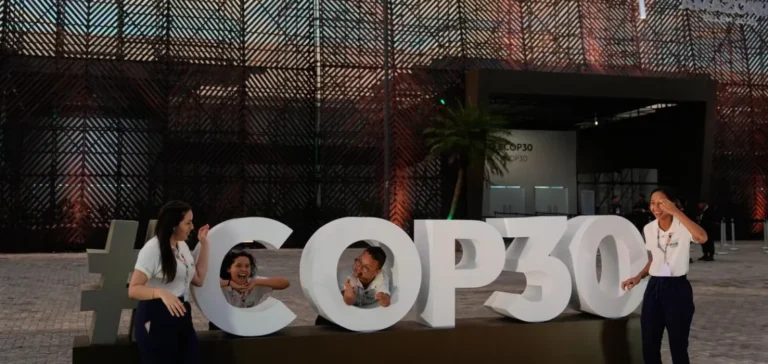The official opening of COP30 in Belém, Brazil, marks the start of two weeks of intensive negotiations among nearly 200 national delegations. From the outset, talks were stalled by a major disagreement over the definition of the agenda, a prerequisite for addressing financing, emissions reduction and adaptation. Extended discussions into the night failed to produce a consensus, exposing a growing polarisation between hydrocarbon-producing nations and states most vulnerable to climate impacts.
A deadlock exposing diplomatic fractures
The Like-Minded Developing Countries group, which includes Saudi Arabia and India, pushed to centre the agenda on the issue of climate finance pledged by developed nations. Meanwhile, the Alliance of Small Island States advocated for discussions on the gap between current commitments and the pathways required to keep warming below 1.5°C, referencing a recent United Nations report. These conflicting priorities stalled the talks, with consensus required to validate the list of agenda items.
This impasse underscores the challenge of reconciling divergent diplomatic priorities: producer nations defending the economic continuity of their energy exports, and countries exposed to climate disasters demanding urgent measures and reinforced financial support.
Increased pressure on fossil transition
Brazilian President Luiz Inácio Lula da Silva, in his opening address, called for the development of a global roadmap to reduce dependence on fossil fuels. Despite the transition agreement reached at COP28, none of the sixty updated climate plans since then include specific targets to reduce oil and gas production. COP30 Executive Secretary André Aranha Corrêa do Lago stated that “all producer countries have acknowledged the need for a transition,” suggesting there is an international mandate to advance this conversation.
Developed nations now seek to refocus the discussion on mitigation, following the mobilisation of $1,300bn in previous financial commitments. However, without an operational roadmap, transition pledges risk remaining symbolic.
A summit shaped by US uncertainty
The United States, scheduled to formally withdraw from the Paris Agreement on January 27, has not registered a delegation in Belém. This absence raises questions about its continued diplomatic engagement. Nonetheless, the country remains a signatory to the United Nations Framework Convention on Climate Change, allowing participation at any point until the summit concludes.
This situation weakens the cohesion of negotiations, especially as US energy policy under President Donald Trump promotes domestic fossil production and reduced international environmental obligations.
Adaptation as potential common ground
Although no major breakthrough is expected this year, the issue of adaptation could serve as a point of convergence. Discussions are focused on reducing a list of 400 climate resilience indicators to around 100, in order to establish standardised criteria for public policy assessments.
The current goal to double adaptation funding, which expires this year, may be replaced by a new mechanism. Several delegations advocate for a permanent financial framework to support the most exposed countries, particularly following Hurricane Melissa’s passage in Jamaica, which caused an estimated $4.2bn in damage.






















